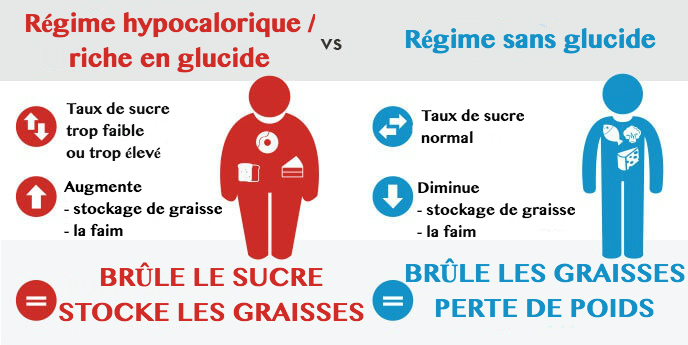LOW CARBOHYDRATE DIET = WEIGHT LOSS?
The history of the low-carb diet
Unlike gluten-free lifestyles, or even low-fat diets, the low-carb diet has persisted for decades. You can go back to the 19th century when the first popular low-carb diet. Then there was the early 20th century ketogenic diet (now very popular again – and an extreme version of the low carb diet).
Low-carb diets are still the first port of call for most new diets today. But how effective are these diets? To answer this question, we must first find out how weight loss actually happens.
How does weight loss occur?
A simple (but effective) way to think about weight gain or loss is to imagine a bank safe filled with cash. This is your stored body fat. In this scenario, an obese person would have a very full bank account while a very thin person would have a nearly empty safe. This isn’t a perfect metaphor (or is it a comparison?).
Every day you spend a certain amount of money and earn a certain amount of money, in the same way that you eat a certain number of calories and burn a certain number of calories. If you spend more than you earn (or burn more than you eat), you will see a reduction in your excess cash / excess fat. As the excess would be needed to balance the equation.
It doesn’t matter if you earn less than you spend one day or even three days as long as your overall expenses and income stay the same. Similar to if you follow a two day diet, it will not affect overall fat loss in one year.
But if you make a sustained change (spend an extra $ 1000 per month on rent or join the gym and burn an extra 1000 calories per week) you will start to see a reduction in your excess cash / calorie surplus . Or vice versa.
This is how weight loss works. The change in your calorie balance (in vs out) can be very large or very small, but as long as this change continues you will see results over time. There are three ways to create a calorie deficit: you can eat less (diet), you can move more (exercise more), or you can combine the two (obviously the best option).
Diets all work the same no matter what you are led to believe. They work by setting rules for you that limit your food options. This (often but not always) creates a calorie deficit. This does not mean that all diets are equal.
The Mediterranean diet has always proven to be the most effective for health and weight maintenance.
Is a low-carb diet better for weight loss?
Unfortunately, this is not a straightforward answer. On the one hand, we think we need to stress that no one diet is more effective in weight loss than another. Staying in a calorie deficit is all that matters.
There are many diets that meet the criteria we mentioned above (create a calorie deficit, increase or maintain nutrients, sustainable). The paleo diet meets all three criteria just like the vegan diet, the pescatarian diet, the Mediterranean diet, even the keto diet can be made to meet all three criteria through supplements and creative recipes.
It really comes down to those end criteria, how sustainable is the diet? Do you still see yourself on the diet in six months? And a year? And two? The problem is, most people only care about the short term.
For the short to medium term, the low carb diet is very effective. One study found that a low-carb diet is great for short-term fat loss, but after a year the difference is insignificant between low-carb and low-fat diets.
Indeed, low carb diets are difficult to maintain in the long term. Carbohydrates are too ingrained in food culture. People are starting to scream for cakes, potatoes, pasta, bread and even juices! Unfortunately, the result of a failed diet is to gain weight. This is where you slowly gain weight over the following weeks, months, and years.
Does this make the low carb diet ineffective for weight loss? Absolutely not! You just have to understand that you need to switch from a low-carb diet to a more sustainable diet in order to get the results you want.






